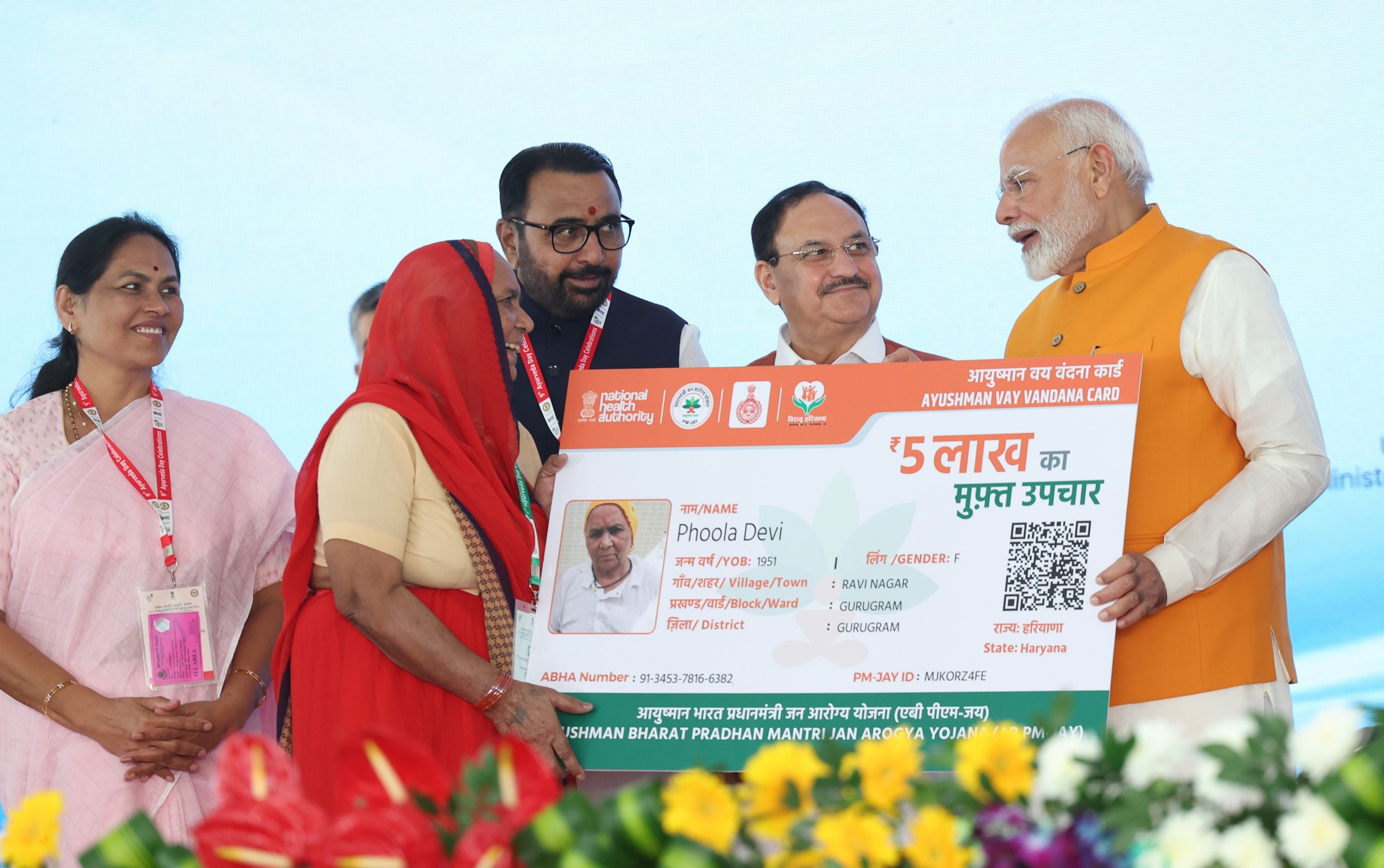The sudden appearance of seven Zika virus cases in Pune has raised alarms among top virologists, who warn of significant gaps in the country’s ability to detect and track the mosquito-borne disease. Leading experts fear that the virus might be silently spreading across India, with only a few laboratories equipped to confirm infections.
Zika Cases Expose Testing Gaps
Dr. Vinod Scaria, a virologist renowned for detecting the Delta variant of COVID-19, expressed concern over India’s limited testing capacity for Zika. “India’s limited testing capacity for Zika is a major concern,” Dr. Scaria stated, highlighting that only select laboratories, including the National Institute of Virology (NIV) in Pune, can perform Zika diagnostic tests. This results in a probable underreporting of actual cases.
The Central Drugs Standard Control Organization (CDSCO) has not approved diagnostics for wider use by other labs to identify Zika, exacerbating the issue. “The lack of widespread testing and surveillance is particularly worrying given the risks Zika poses to pregnant women,” Dr. Scaria added.
Proactive Measures Needed
Dr. Rajalakshmi A, an infectious disease specialist at KIMSHEALTH in Thiruvananthapuram and co-investigator in Kerala’s first Zika outbreak in 2021, emphasized the need for proactive surveillance. “Proactive surveillance is necessary to understand the prevalence and pattern of Zika virus disease (ZVD). In Indian outbreaks, we have limited information about ZVD in pregnancy,” she said, noting the absence of increased microcephaly cases in previous Indian outbreaks. Surveillance for ZVD and fetal abnormalities in pregnant women and congenital abnormalities in newborns is lacking in India, she added.
Senior virologist Shahid Jameel questioned the Indian Council of Medical Research (ICMR) regarding their response to Zika-positive Aedes mosquitoes. “If ICMR detected Zika-positive Aedes mosquitoes, what has it done to look at its movement into humans? We need a syndromic surveillance plan in place, use available PCR tests when needed, and alert hospitals in vulnerable areas,” Jameel said. He emphasized the need for test development, although he noted that it wouldn’t help immediately.
The Diagnostic Dilemma
Experts pointed out that the diagnostic gap, combined with Zika’s similarity to dengue symptoms, could lead to many cases going undetected. The CDSCO has confirmed the lack of an approved Zika test for widespread use in India. The diagnostic challenge is further complicated by India’s endemic dengue and chikungunya cases, diseases transmitted by the same Aedes mosquito vector. “Many ZVD cases may go undiagnosed unless diagnostic tests are strengthened,” said Dr. Rajalakshmi, noting that mild symptoms and limited PCR testing contribute to missed cases.
Both clinicians and patients should consider the possibility of Zika when presenting with fever, joint pain, itchy rash, and red eyes, as these symptoms might be misinterpreted as other viral fevers or allergies. “Regular surveillance would help us understand seasonal patterns, assess the true disease burden, and guide public health measures like vector control,” Dr. Rajalakshmi suggested. A senior official from the National Centre for Disease Control (NCDC) refuted claims of inadequate surveillance for Zika, asserting that a dedicated National Center for Vector Borne Diseases Control program oversees mosquito control measures. However, the official acknowledged the limited availability of Zika tests, stating, “Yes, that’s an issue. At present, Zika testing is primarily conducted in select laboratories.”
















